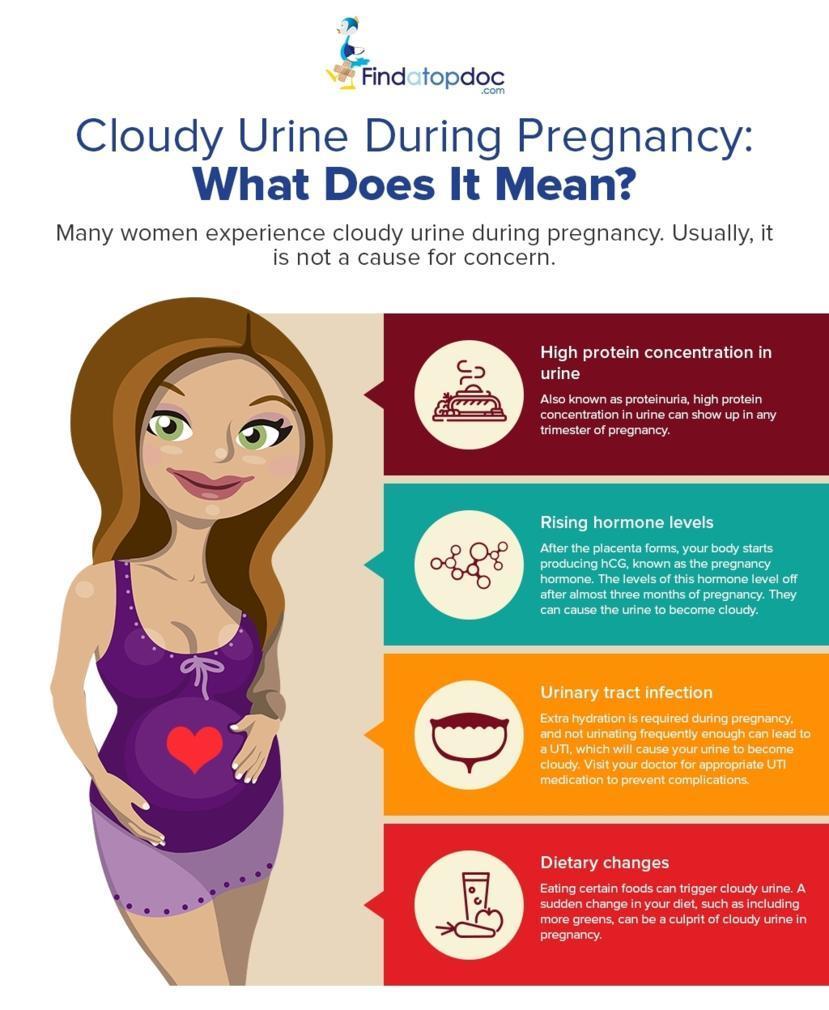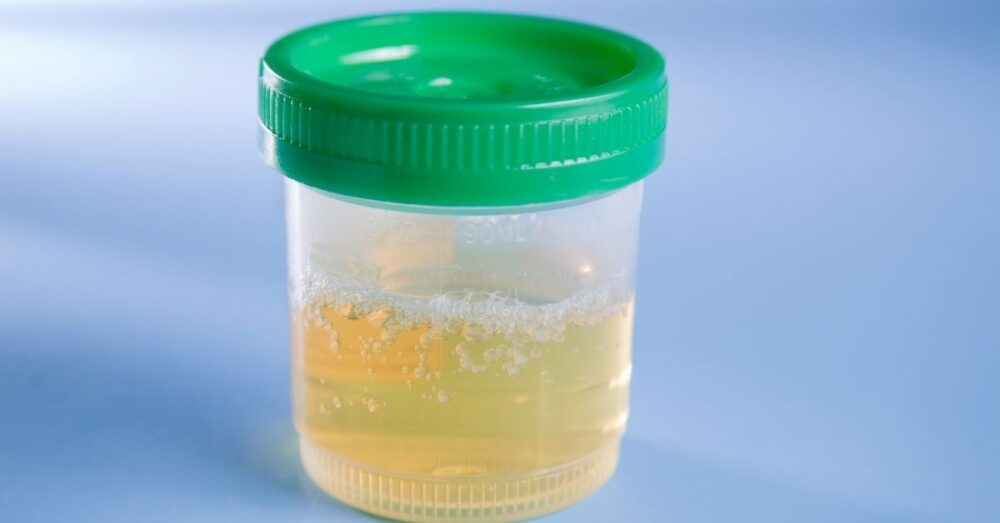Floaters In Pee During Pregnancy: What You Need To Know
Are you a pregnant woman noticing unusual particles in your urine, perhaps resembling tiny white specks or even looking like shredded toilet paper? It's crucial to understand that while some changes are normal during pregnancy, certain symptoms can indicate underlying health issues that require medical attention.
The experience of pregnancy is often described as a journey of wonder, anticipation, and, for many, a fair share of anxiety. During this transformative period, the body undergoes a multitude of changes, some readily apparent and others more subtle, yet equally important to monitor. Among these changes, alterations in urinary health can understandably raise concerns, particularly when accompanied by visual anomalies such as floaters or the presence of unusual particles.
The presence of white particles in urine during pregnancy is a common concern that often prompts questions about its cause and significance. While various factors can contribute to this phenomenon, understanding the potential origins is crucial for alleviating anxiety and ensuring appropriate medical follow-up. In this article, we will delve into the possible causes of these particles, the importance of differentiating between normal and abnormal occurrences, and the steps that pregnant women should take to address any concerns regarding their urinary health.
- Nina Marie Daniele Bio Age More All You Need To Know
- Hornell Ny News Breaking Updates Obituaries Get The Latest
One of the most frequent questions women have during pregnancy is, "What causes white floaters or particles in my urine, and should I be worried?" The short answer is that it's complex. Hormonal shifts, vaginal discharge, and potential infections are common culprits. However, always consult your healthcare provider for a definitive diagnosis and appropriate care.
Pregnant women may encounter white particles in their urine, often arising from increased vaginal discharge, which can mix with urine and appear as white specks. Hormonal changes during pregnancy, particularly around ovulation, can cause alterations in urine due to heightened vaginal discharge. However, it is essential for pregnant women to monitor these changes closely and consult their healthcare provider to rule out infections or other concerns.
It's also important to remember that vaginal yeast infections can lead to cloudy urine. These infections come with other symptoms such as pain during sex, redness, and swelling. While many women experience this issue, it is always a good idea to consult with a medical professional.
- Jj Feild Bio Movies Career Highlights What You Need To Know
- Capricorn In 2nd House Financial Outlook Security Explained
Other potential culprits behind white particles in urine include Urinary Tract Infections (UTIs), kidney stones, Sexually Transmitted Infections (STIs), and even prostatitis, and pregnancy. When pregnant, the body experiences several shifts, encompassing modifications to urinary tract health. Pregnant women may detect white particles in their urine due to heightened vaginal discharge, which can blend with urine, appearing as white specks.
During pregnancy (and around the time of ovulation), hormonal changes can cause changes in urine due to increased vaginal discharge, which is normal during these periods. Sediments in urine during pregnancy are mainly due to the presence of hormones. Dehydration or urinary tract infection could also cause sediments in urine.
Some women produce extra mucus during ovulation. This mucus has a milky texture and is stringy, and it may also give the appearance of sediment in urine. The body goes through various changes, including changes in urinary tract health. Pregnant women may notice white particles in their urine due to increased vaginal discharge, which can mix with urine and appear as white specks.
If you're experiencing symptoms such as cramps, early bleeding, dizziness, headaches, or a funny taste in your mouth, and you have white floaters in your urine, it is important to seek medical attention. These could be a sign of an underlying health issue. While eye floaters during pregnancy typically do not lead to permanent vision loss, they can be a symptom of serious complications, such as preeclampsia.
One of the issues that can be detected through a urine test is preeclampsia, a medical emergency that demands prompt attention. Vision changes like persistent blurry vision or a sudden increase in floaters can occur in preeclampsia. Higher levels of protein in your urine due to preeclampsia could cause cloudy urine, particularly in the latter half of your pregnancy or around your due date. Keep in mind that the first signs of preeclampsia are often detected during routine prenatal visits.
Bladder stones may also be another issue. Bladder stones usually occur when your bladder is not completely emptied. The urine that remains in the bladder develops crystals. Your urine may also lack inhibitors preventing crystals from sticking together. This condition creates an ideal environment for stones to form.
It is important for pregnant women to monitor their vision and report any changes or symptoms to their healthcare provider. Vision floaters can be a sign of preeclampsia and should not be ignored. Significant swelling of the hands, face, or legs, along with abdominal pain or tenderness, particularly in the upper right quadrant, are other symptoms to watch out for.
While experiencing any of the described symptoms, and especially when you're pregnant, always contact a healthcare provider. It's essential to seek medical advice and care when dealing with these issues.
Here is a table containing potential causes and associated symptoms to better understand the situation.
| Possible Cause | Related Symptoms | Recommendations |
|---|---|---|
| Increased Vaginal Discharge | White specks in urine, sometimes stringy, no other symptoms | Monitor, consult with a healthcare provider if concerned |
| Urinary Tract Infection (UTI) | Frequent urination, burning sensation, cloudy urine, pelvic pain | See a doctor for diagnosis and treatment |
| Vaginal Yeast Infection | Cloudy urine, itching, redness, pain during sex | See a doctor for diagnosis and treatment |
| Kidney Stones | Severe pain in the side or back, blood in urine, nausea, vomiting | Seek immediate medical attention |
| Preeclampsia | High blood pressure, protein in urine, blurry vision, swelling, severe headaches | Medical emergency; seek immediate medical attention |
Navigating the changes that occur during pregnancy can feel daunting, but remember, you are not alone. By staying informed, communicating openly with your healthcare provider, and prioritizing your well-being, you can help navigate these complexities and ensure a healthy and joyful pregnancy.

Cloudy Urine During Pregnancy

Is Cloudy Pee During Pregnancy Normal? Understanding The Causes And

Why Do I Have White Stuff Floating in my Urine, Could I be Pregnant?